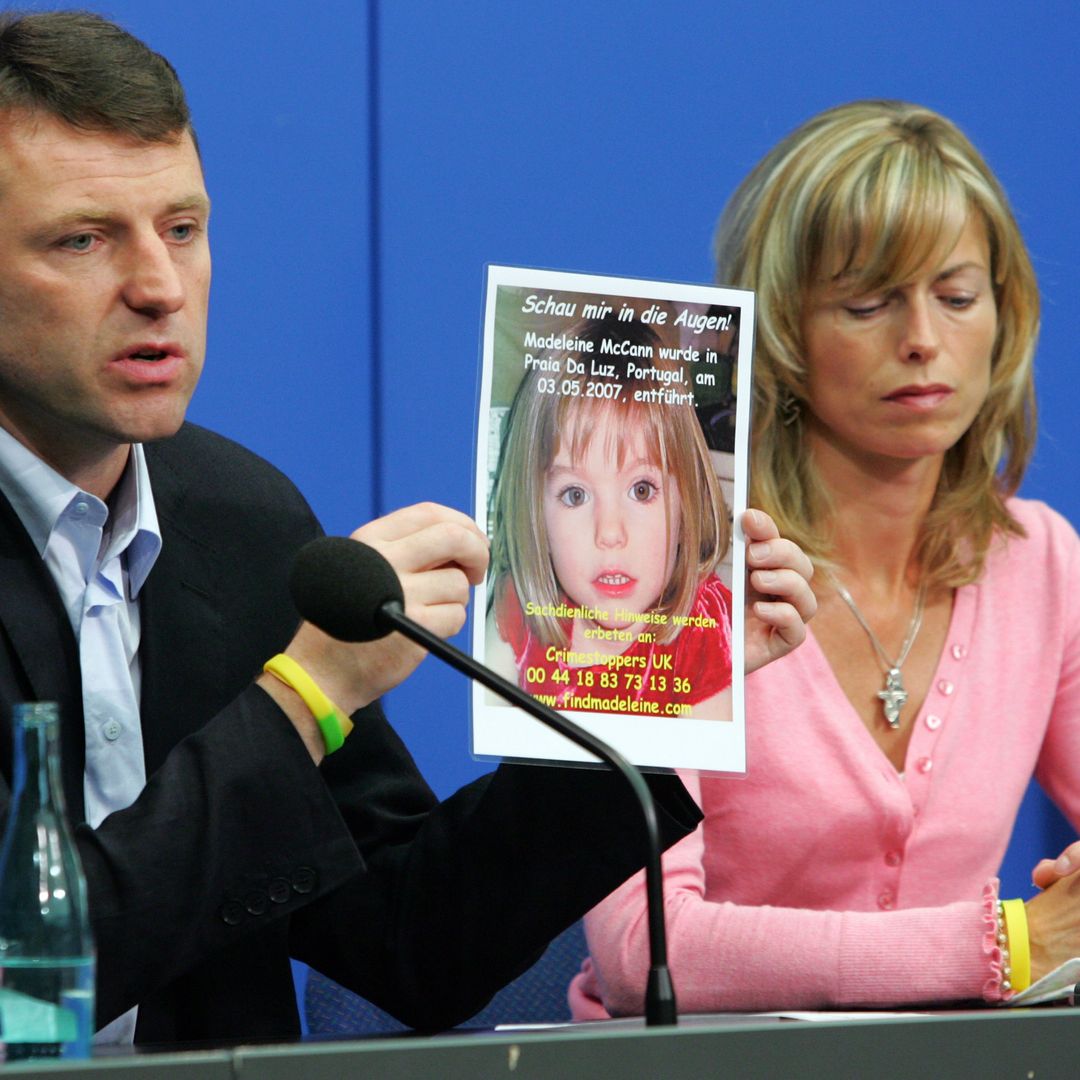Annie Machon is a former intelligence officer of MI5 who resigned in 1996, along with her partner, to blow the whistle on issues she had with the British Security Service.
The couple's resignation and their explosive claims meant they had to go on the run and spend several years in exile in Paris. Her partner went to prison twice.
To celebrate the release of 2012 CIA series Missing on ITunes, Annie took some time to chat to HELLO! Online about life as a spy, living in exile and how working in an intelligence agency really compares to James Bond.
Spy films and TV series are over-glamourised…
Particularly James Bond! I think that has to be one of the best advertisements for intelligence agencies in the UK ever. The same with Spooks also – that was MI5 and James Bond is MI6.
Missing has a more realistic feel to intelligence work, chiefly the painstaking piecing-together of key information. Real intelligence work is like trying to put together a jigsaw puzzle, but without the help of a picture. That's not to say that there isn't so much high tension or high drama, but you don't tend to live at that adrenaline pace all your working days!
I fell into MI5 by accident…
I never really had interest in spies – I wasn't really into James Bond and I actually quite fancied being a diplomat. I applied to the foreign office and then MI5 picked up on it and sent me a mysterious letter from the Ministry of Defence saying that they may have another job that you may find more interesting and to call a number if I was interested. I was going to ignore it but my father, who is a journalist and very into spies, was with me when I opened the letter – he was amazed and said 'please go!'.
Every intelligence officer is given a target…
Whether it is a terrorist organisation, a hostile country or a political group and you are told to investigate that target to see what threat it presents and take appropriate action. In order to do that they give you a whole range of different tools to use and coordinate, including things like electronic communication, sending human agents to report back, following people, bugging their homes and also secret resources. With the information you gain, you have to assess what's going on and what action to take.
The first few weeks were surreal…
We would get these bits of information on our desks – transcripts of private telephone conversations or reports written by an agent in the group, telling you about a gathering or something similar. It's amazing how quickly you adjust – within a matter of weeks it becomes perfectly normal to have these little windows into someone else's private life.
The job varies…
It depends on what sort of posting you are doing. You can go into safe houses in London, or you can go into jobs where you coordinate the operation side of things, which is going into someone's property and planting bugs. It is a bit of everything.
We were always safe…
Even if you are right on the front line in, say, Northern Ireland, there is so much back up around you, you probably are the safest person in that area! They are very careful about that. There is a common misunderstanding about intelligence officers and agents. Intelligence officers run the operations; if you are someone who is sent to penetrate a group, you are an agent and most likely a contractor. The agents obviously have far more stress because they are the ones that have to live life under cover and report back and take the personal risks.
The results are rewarding…
Being involved in successful operations – which I can't really talk about I am afraid! — when you stop a bomb going off, when you intercept a weapon, stop cash that's coming into the country, or you potentially save lives, you get a real feeling that you are doing something good and you are making a difference.
But the full story never becomes public knowledge…
Afterwards, you get reports on the media, and you think to yourself, 'This is just the tip of the iceberg.'. They say this has happened and that has happened, but all of the other information is not disclosed – it's very surreal.
The MI5 can become quite a 'hot house' environment…
You end up being a bit cut off as outside of work you have to be very security conscious, which inevitably ends up bleeding into your personal relationships. I think people can find that quite off-putting and that means people begin to socialise more and more with people in the office.
I left MI5 in 1996…
I left with my then partner. We left in quite a spectacular fashion and ended up with this story all over the newspapers. We then had to go on the run around Europe. It was actually quite spy-like that is when we started using all the counter surveillance techniques that we had learnt when we were on the inside.
For years we were monitored…
We were under surveillance. It was a big scandal at the time and for years our phones were bugged our emails were intercepted – we couldn't even guarantee that we could have a private conversation in our own home. We became quite paranoid about that and we even found out that some of our friends had been pressured into reporting on us, so that sense of being watched and being under surveillance all the time became quite invasive.
I lived in exile for three years…
My partner ended up going to prison twice – once when the British failed to extradite him from France and he had to spend a few months in prison awaiting that result. He then came back and stood trial, was convicted and went to prison again.
It was frightening…
It was definitely the most stressful thing I have live through, but it was exhilarating at the same time – we thought we were doing the right thing. But I think it was harder for our families, they had no warning and suddenly this whole scandal blew up, so it had quite a bad impact on them.
I don't regret whistleblowing…
I feel quite proud of trying to make a stand, and I think it's interesting that more and more whistleblowers are coming forward, not just in the UK but also in the US aswell, to try and expose the crimes of a very unaccountable, very secretive organisation. I think if we were to do it again we would do it slightly differently, but of course now it would be different anyway – there are organisations like Wikileaks to help and of course the internet gives you far greater freedom.
Starring Ashley Judd, Sean Bean and Nick Eversman, Missing is an American CIA TV series that follows Rebecca, a widow and retired CIA agent with an 18-year-old son, Michael, whose father was killed in a car bombing that he witnessed. Michael disappears during a trip abroad, and Becca immediately suspects foul play. When she arrives in Rome, she begins piecing together the clues left behind. It isn’t long before the kidnappers realize they’ve picked a fight with the wrong woman, because Becca has a secret of her own -- before Paul’s death, she was also a lethal CIA operative. If she wants to find her son alive, Becca will have to rely on old friends and reopen old wounds.










